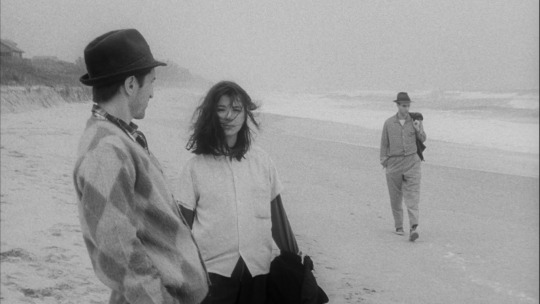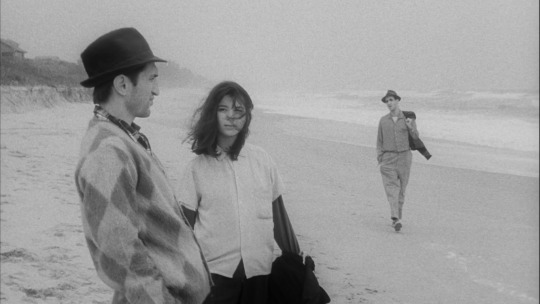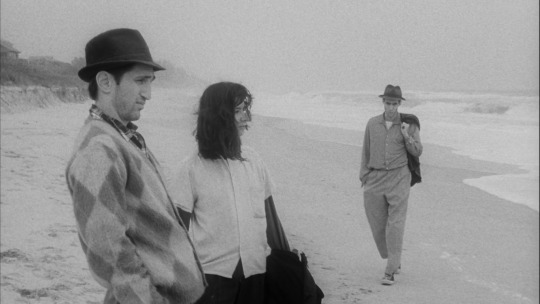#jarmusch
Text
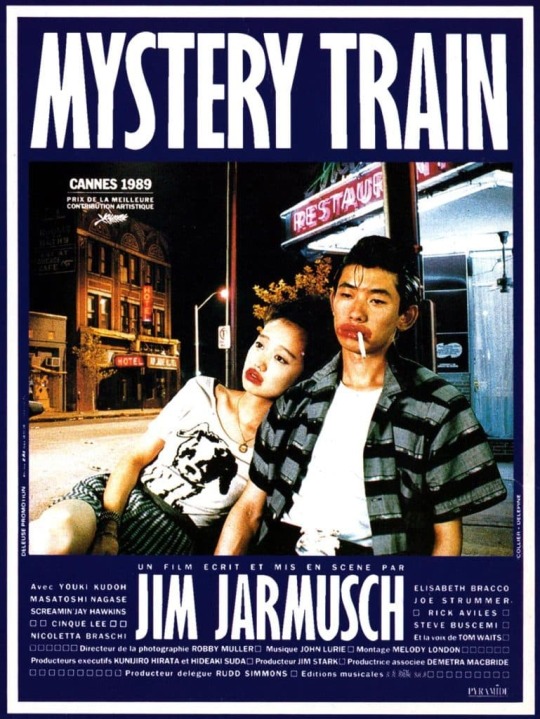
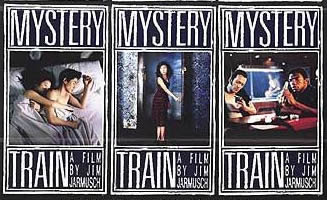
"Mystery Train" de Jim Jarmusch (1989) avec Masatoshi Nagase, Jun Yuki Kudo, Joe Strummer, Nicoletta Braschi, Elizabeth Bracco, Steve Buscemi, Rick Aviles, Screamin’ Jay Hawkins et Cinqué Lee, septembre 2023.
4 notes
·
View notes
Text
“BLVR: I asked because the press materials for the album came with a very long list of things that you like and dislike, including things like insects and animals and oscillation.
JJ: Yeah, we just tried to put together a list of things rather than just do the traditional Jim and Carter met while creating music for a film, blah, blah, blah. Of course, in the end, I think they gave you something like that too. We just wanted something a little less formulaic for people to read. Some sort of random thoughts about our inspirations in general. We’re not really interested in explaining things. We don’t really analyze ourselves. I have that a lot with my films too. People ask me what things mean, and I have no idea! When you make a film, it’s like two years later that people are asking you about it, and you’re not even the same person. It’s sort of the same with a record. It’s hard for me, in particular, to talk about things I created, because I’m not analytical. I need to protect a kind of mystery for myself.
(…)
BLVR: I read an interview where you said it was hard for you to appreciate your own films because of the process of creating them and the time lag before they’re released. Do you feel the same way about your music?
JJ: In a way, but a bit less for several reasons. One, I’m very involved in the music and in its creation, but I’m collaborating on a little more of a basic level with other people. In a film, I’m collaborating with a lot of people to realize it, but I’m sort of the captain of the ship, because I wrote it, I cast it, I will be in the editing room. But I can never see it again for the first time. That’s impossible because of how it’s created. The beauty of films is they are like a dream that you enter, and unless you’ve seen it before, you don’t know where it’s taking you. Music is similar, although music is less dependent on an image or a narrative, so it’s even more abstract and beautiful in a way. But it doesn’t take as long to create. That’s a difference. I’m sorry; I’m not being very articulate. There’s a difference and a similarity and I’m not making them very clear. They’re not very clear to me, I guess.
(…)
BLVR: Do you ever find you’re on an airplane, thinking, You know, I haven’t caught up on all the Twilight films? Do you watch mass-market movies, or do you tend to only watch obscure Indian dramas?
JJ: No, I’m not hierarchical. I have my preferences, but because I really, deeply love the craft of filmmaking, I, of course, like masterful filmmakers’ work. But I watch all kinds of stuff. On a plane recently I watched Cruella. I love the Naked Gun movies because they’re so stupid. I’m sort of amazed by the John Wick movies, just by how many people he can kill. I haven’t seen the Twilight movies. And I have particular things I will never see. I will never see any Star Wars films, because I resent that I know so much about them and the characters. Why is all that in my head when I’ve never actually seen one, you know? Why do I know about R2-D2 and Darth Vader and all these things when I’ve never even seen any Star Wars film? I’ve never seen Gone with the Wind and I never will, just because I feel like it’s forced on me and it’s some kind of corny thing.
But these are very subjective, just kind of stubborn things on my part. I don’t like mass things being shoved on me, but I will go see them. Like The Terminator is a masterpiece of cinema. It’s a big action movie, essentially. So I don’t really differentiate. But I have to tell you one thing I hate—and you can just do a little test yourself: watch any recent action-oriented movie and look for any shot that’s more than three seconds long. I find that really insulting and shit filmmaking: like they have to keep it moving every three seconds. And that’s the longest they’ll leave a shot on! And then cut. One second, cut! Two seconds, cut! Three seconds, cut! Man, I get a headache. I just turn it off. I’m like, Come on, man, go to film school! Watch something! Go read a book! Look at a painting! Look at something. This is nonsense. I can’t stand that.
(…)
JJ: I believe in this kind of aesthetic synesthesia, where certain things suggest something else to your senses. Rothko’s a great example because his work is meditative. You can go into another place under the influence of a visual thing like that. And of course, there’s the beautiful piece of music “Rothko Chapel” that Morton Feldman created, inspired by the paintings or the feeling of them or that kind of meditative place you could go. So we put that in there because we love when certain things suggest another form like that. Or you smell something and you think of a color. It really speaks to me when the work of painters or musicians suggests another form. I don’t know how to explain it any more than the openness of that kind of synesthesia.
BLVR: In addition to filmmaking and music, you make collages. Are there more creative outlets that you have?
JJ: Yeah, I write poems. For a long time, I studied with Kenneth Koch. The New York School of Poets are kind of my godfathers throughout everything I make—movies as well. That’s why I’m so happy we have these John Ashbery poems on Silver Haze. I’m preparing a new series of collages. I have one book of collages that I put out and I’m working on a new little book. It’s not quite ready. I am going to have a show in Paris, and then I’m going to have a show of my collages next year in LA. They’re all very small and sort of unassuming and very minimal. So yeah: films, music, collages. I write poems; I write essays, sort of; and sort-of prose poems. I do a lot of writing as well. Not like elaborate fiction projects. I’m not writing a novel or anything like that. But I love poems, too, because like in music, the spaces in between sort of accumulate into the overall thing. And my collages are very minimal. And they’re about reappropriating images and reduction, and removing things and substituting things—very minor ways of altering your perception of the visual image. I like a lot of things. Not just art. I’m an amateur mycologist: I’ve been trying to learn mushroom identification for twenty years now. I observe birds and animals and try to learn about different types of moss, of which there are so many varieties. For a while I just was obsessed with the history of motorcycle design, especially European and Japanese. I get sucked into tangents because I’m really a kind of dilettante. I don’t consider that a negative thing. There’re so many things that are interesting to me that I can’t imagine not being kind of scatterbrained, in a way.
(…)
BLVR: Wow, that’s great. Personally, I just rewatched all the Twilight movies and did a lot of emotional eating. Not to keep throwing your words back in your face, but your press materials said that SQÜRL sometimes likes “the score better than the film.” I was thinking of Judgment Night, but were you thinking of anything in particular?
JJ: No, not really. This is not really answering that. But I get very annoyed by how music and film seem to be all, I don’t know, cut from the same ream of cloth. The world has so much diversity of music, so why do these commercial films all sound the fucking same, you know? But that’s sort of the opposite of what you’re asking. I love the fact that some scores of recent films have come not from John Williams or other traditional Hollywood kinds of shit. People like Nick Cave and Warren Ellis have made some beautiful scores for films. Trent Reznor and Atticus what’s-his-name [Ross] made some beautiful scores. I’ve watched a few films only because Nick and Warren scored them. Otherwise, I might not even have been attracted to them. The scores are very important and also sometimes extremely annoying. I don’t like it when the score is designed to tell you how to feel about everything, which is often the case. I find it sort of condescending and insulting. As someone who loves how films are made, why does the music have to tell you how to feel? It seems kind of lame.
BLVR: How do you fight against that?
JJ: First of all, whoever’s making the music, whether it’s me or it’s the RZA or Tom Waits, I don’t give them specific places to score. I don’t say, Here are the cues, I want to score here, I want melancholy music here. I don’t do that. I talk about the atmosphere of the film and encourage them—or encourage myself, if I am doing it—to make music that is derived from the feeling of the film. Then we’ll take it and play with it in the editing room and see where the film likes it. That alleviates a lot of that idea of trying to tell the audience what’s going on or how they should feel. Instead, it’s adding another landscape like painting in the sky. That, to me, makes the most beautiful music because it becomes part of the fabric of the film.
(…)
BLVR: You once said, “Nothing is original. Steal from anywhere that resonates with inspiration.” Hollywood really likes to reboot things. So if people started rebooting your movies, would you be OK with that?
JJ: What does that mean, “reboot”?
BLVR: Where they basically redo your entire film but update it with a new cast or some other twist. Like if they redid Stranger Than Paradise with the High School Musical cast.
JJ: Oh yeah, I think that’d be very amusing. I have to clarify what I mean by “stealing.” I don’t condone, like, if my neighbor wrote a script and I read it and then I took his script and made a film out of it before he could. However, in my case, that’s not really a problem. If someone stole my script, they wouldn’t make the same thing I would make, you know? At the same time, it’s not cool to take something someone hasn’t realized. But if anything in the world has been realized already, I don’t see why it can’t be sampled or imitated. I don’t understand why that should be prevented. If you steal a riff from somebody and then make that the opening of “Stairway to Heaven,” which Led Zeppelin did. Led Zeppelin is a great band, but they just blatantly stole blues songs and then said they wrote them. That’s just kind of bullshit. You should credit the things you steal from. You should rejoice in them! You should say, I was inspired by this. You shouldn’t say, No, that came from me. I did that all myself. Right? That’s kind of bullshit. But I think all human expression is like waves in the ocean. And if you sample something in a hip-hop song, you’re taking it somewhere else; you’re using it as an element in something you’re making now. Nothing’s really original. There are only a small number of stories you can tell. There’s just an infinite number of ways to tell that story. So it’s not cool to take something someone else did verbatim and say you did it. That’s just lame, but anything should be free to be inspiration.
BLVR: So no copyrighting a groove?
JJ: I don’t know about copyrighting; it’s all very complicated. I’m really interested in reappropriation, meaning you take something from somewhere else and make it something else. That’s the basis of all art. Bach taught us that by his Variations. He just started varying things. And then it’s like unfolding a beautiful Fibonacci code of everything. It’s something ingrained in expression. John Lennon said something really cool. I don’t have the exact quote. But he said something like: originality comes from not quite being able to imitate your greatest inspirations. I think that’s a beautiful way of saying what I was trying to say. Like when Quentin Tarantino made his first film, Reservoir Dogs, he lifted the plot from a Hong Kong movie by director Ringo Lam called City on Fire. So I saw the film back then and I was like, Wow, he lifted that whole cloth and made it his own. That’s really cool, but is he going to tell us that? And he did… eventually. And Quentin is all about inspiration from other places. So I’m all for that. Is that stealing? No: he reappropriated something and made it into something else by using very basic elements of somebody else’s idea. That’s the basis for all kinds of creation. How many paintings in the Renaissance are there of the Madonna and Child? Does that mean somebody stole the image? Also, for me, variation and repetition are really the most beautiful things in art history, and the creation of things. Look at Rothko’s paintings: they’re variations of themselves in a way. He is like Bach to me. He can continue making these variations, and each one resonates in its own way. “
2 notes
·
View notes
Photo
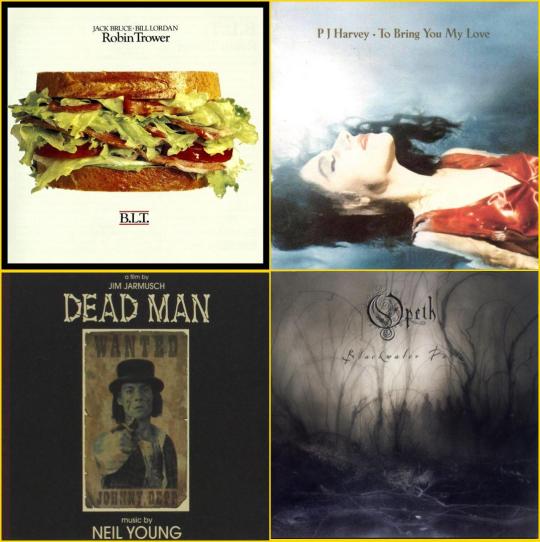
February 27:
On this date in 1981, Robin Trower released his first collaboration with Jack Bruce, and they called it BLT and it's fucking great, if you like guitar, check it out.
On this date in 1995, PJ Harvey released her second album, To Bring You My Love and it's different from the first one.
On the 27th of February, 1996, Neil Young smacked down upon the rickety table of commerce Dead Man, his album of music composed for Jim Jarmusch's absolutely magnificent film.
On this date in 2001, Opeth released their fifth and perhaps greatest album, Blackwater Park.
#February 27#Robin Trower#Jack Bruce#BLT#PJ Harvey#To Bring You My Love#Neil Young#Dead Man#Jarmusch#Opeth#Blackwater Park
3 notes
·
View notes
Photo

The Dead Don’t Die (Jim Jarmusch, 2019)
2 notes
·
View notes
Text
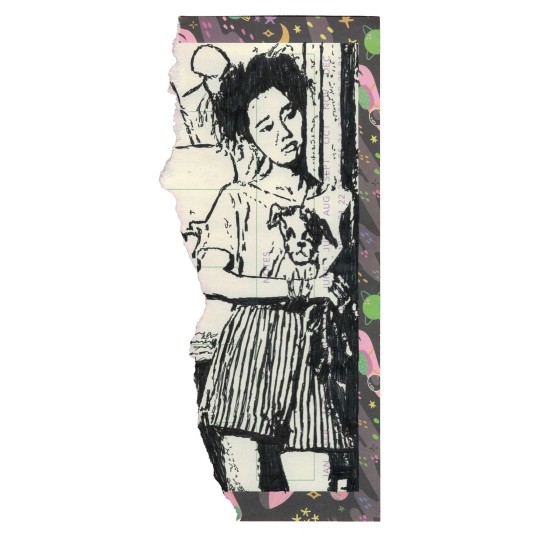
Youki Kudoh by /u/Schlockluster_Video on /r/JimJarmusch
0 notes
Text
“Das Leben hat keine Handlung, warum müssen Filme oder Fiktion eine haben?” - Jim Jarmusch
0 notes
Text
Slow Movie: Paterson, di Jim Jarmusch (2016) e Ariaferma, di Leonardo Di Costanzo (2021)
Slow Movie: Paterson, di Jim Jarmusch (2016) e Ariaferma, di Leonardo Di Costanzo (2021)
di Tanja Wolf
Mentre le qualità dello slow food hanno da tempo conquistato un vasto pubblico, si sta affermando anche il genere dello slow movie. Gustati con calma e col giusto approccio, sia l’uno che l’altro sono molto digeribili e nutrono corpo, cervello e anima.
I due esempi di slow movie qui riportati (già ben recensiti in Re-movies) hanno caratteristiche comuni. Anzitutto il ritmo lento e…
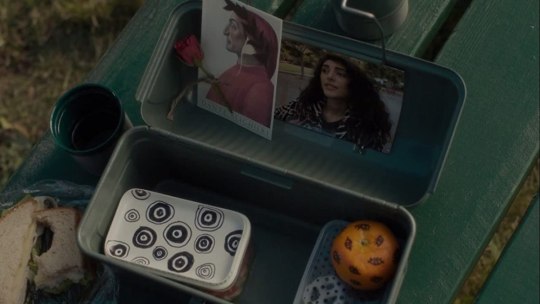
View On WordPress
1 note
·
View note
Text

Jim Jarmusch, interviewed by Melissa Locker for The Believer [ID in ALT]
#once again: HE IS JUST LIKE ME. FOR. REAL#q#quotes#essays and articles#interviews#typography#jim jarmusch#the believer#m#*#x
2K notes
·
View notes
Text

Tom Waits
Coffee and Cigarettes (2003)
dir. Jim Jarmusch
789 notes
·
View notes
Text

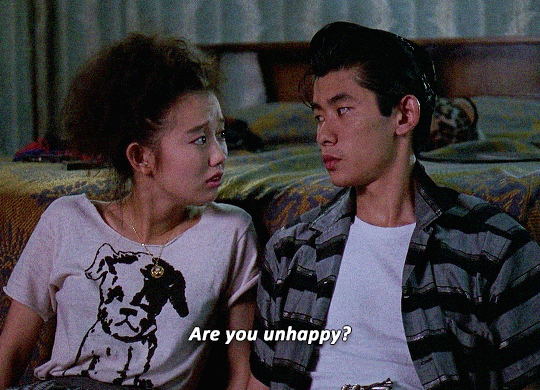
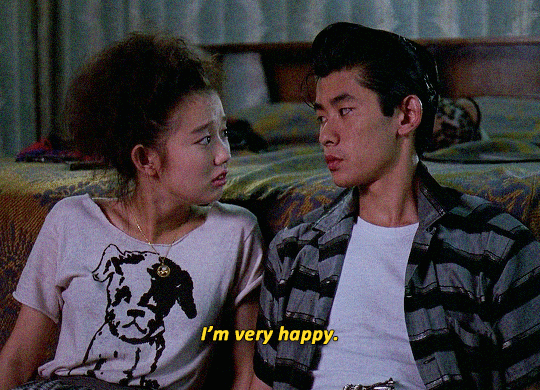

Mystery Train, 1989
dir. by Jim Jarmusch
#filmedit#filmgifs#moviegifs#userfilm#moviehub#cinemapix#dailyflicks#usercande#userkraina#usernatty#mystery train#jim jarmusch#*
695 notes
·
View notes
Text
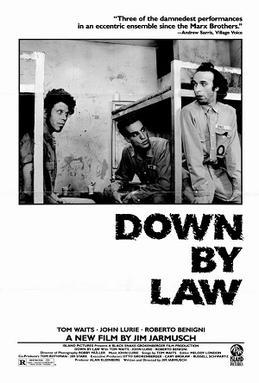
“Down by Law” de Jim Jarmusch (1986) avec Roberto Benigni, Tom Waits, John Lurie et Nicoletta Braschi, octobre 2023.
3 notes
·
View notes
Text

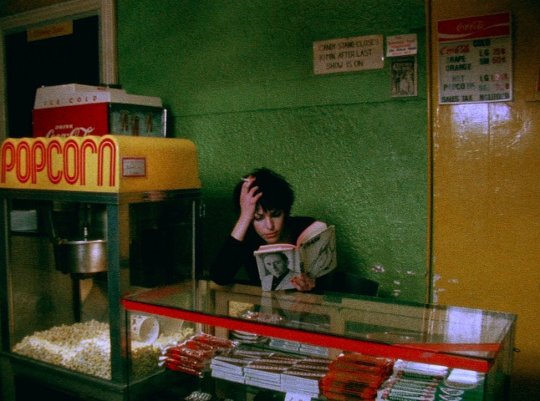
Jim Jarmusch
- Permanent Vacation
1980

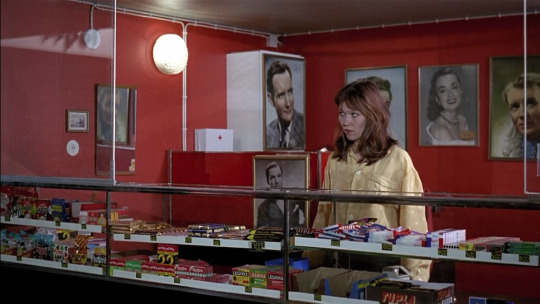
Aki Kaurismäki
- Drifting Clouds
1996
#jim jarmusch#permanent vacation#aki kaurismaki#Drifting Clouds#Aki Kaurismäki#the savage innocents#nicholas ray#film within film#film poster#night on earth#l'argent#Kauas pilvet karkaavat#finnish film#american film
214 notes
·
View notes
Text
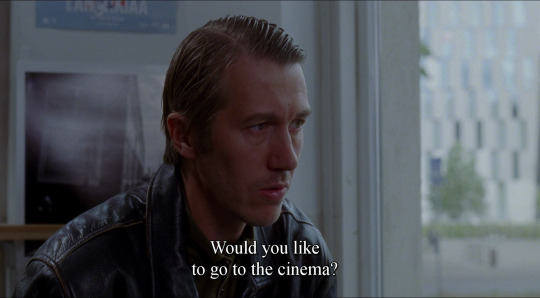
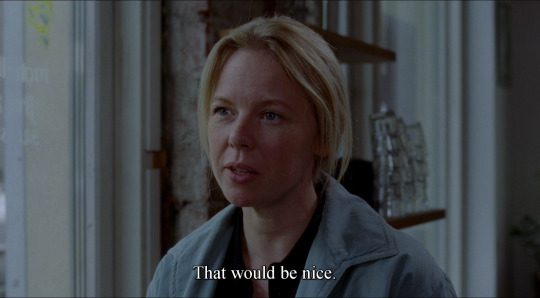
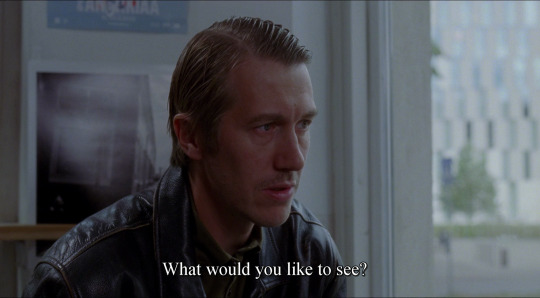

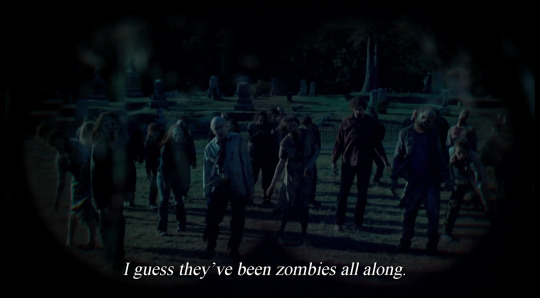





Watching The Dead Don't Die by Jim Jarmusch in Fallen Leaves (Aki Kaurismäki, 2023)
#Fallen Leaves#Aki Kaurismäki#Kaurismäki#Kaurismaki#Aki Kaurismaki#2023#Kuolleet lehdet#Alma Pöysti#Alma Poysti#Jussi Vatanen#Jim Jarmusch#film#cinema#movie theater#quote#Godard#comedy#Bresson#zombie#zombies#Adam Driver#Bill Murray#Jarmusch
305 notes
·
View notes
Text

#movies#polls#only lovers left alive#2010s movies#jim jarmusch#tom hiddleston#tilda swinton#requested#have you seen this movie poll
250 notes
·
View notes
Photo
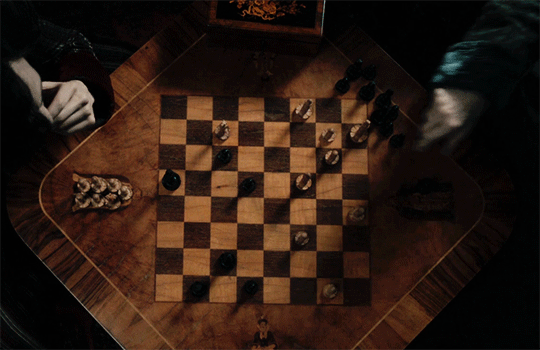
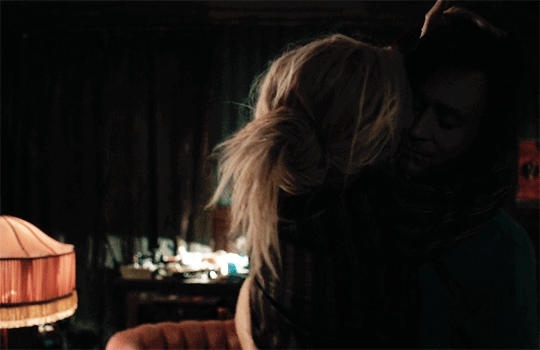


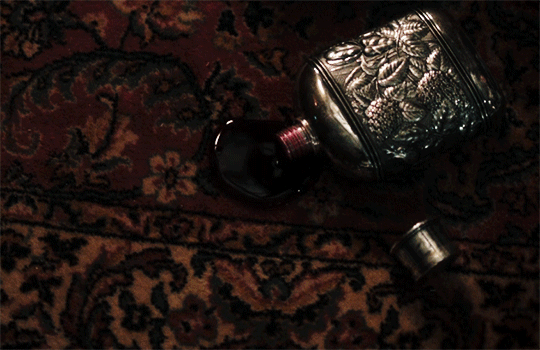

✨ a film for every year of my life ✨ | Only Lovers Left Alive (2013) dir. Jim Jarmusch
How can you have lived for so long and still not get it? This self obsession is a waste of living. It could be spent surviving things, appreciating nature, nurturing kindness and friendship, and dancing.
#only lovers left alive#tilda swinton#tom hiddleston#jim jarmusch#moviegifs#movieedit#filmgifs#filmedit#vampireedit#i made a thing#mine: films#bdyearfilms#blood tw#dailyflicks
474 notes
·
View notes

